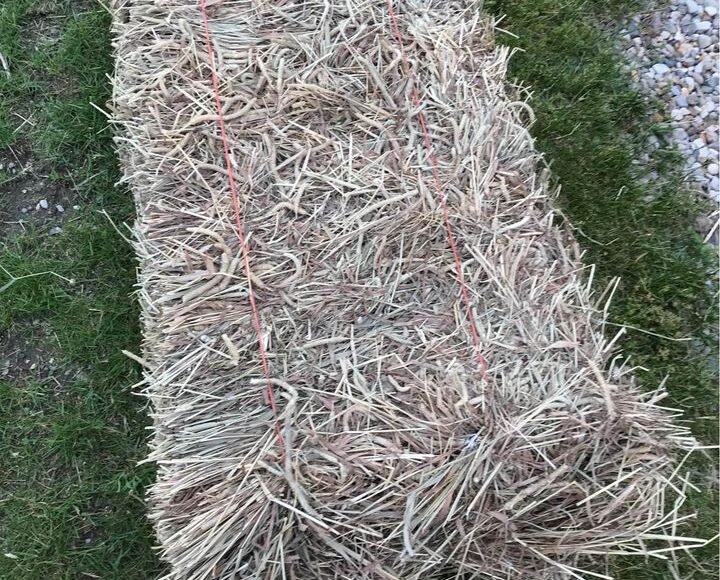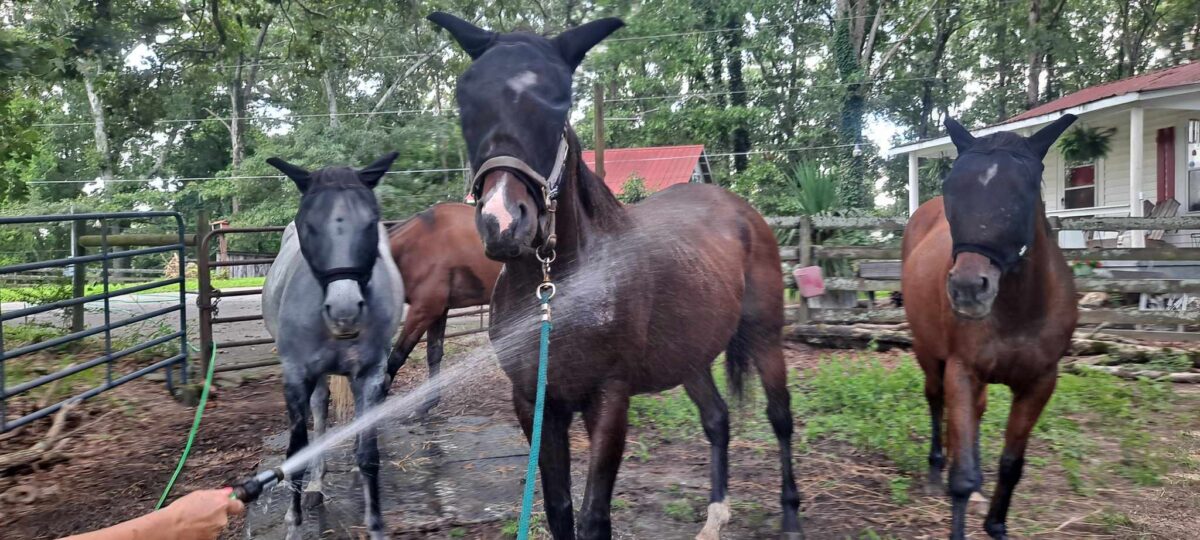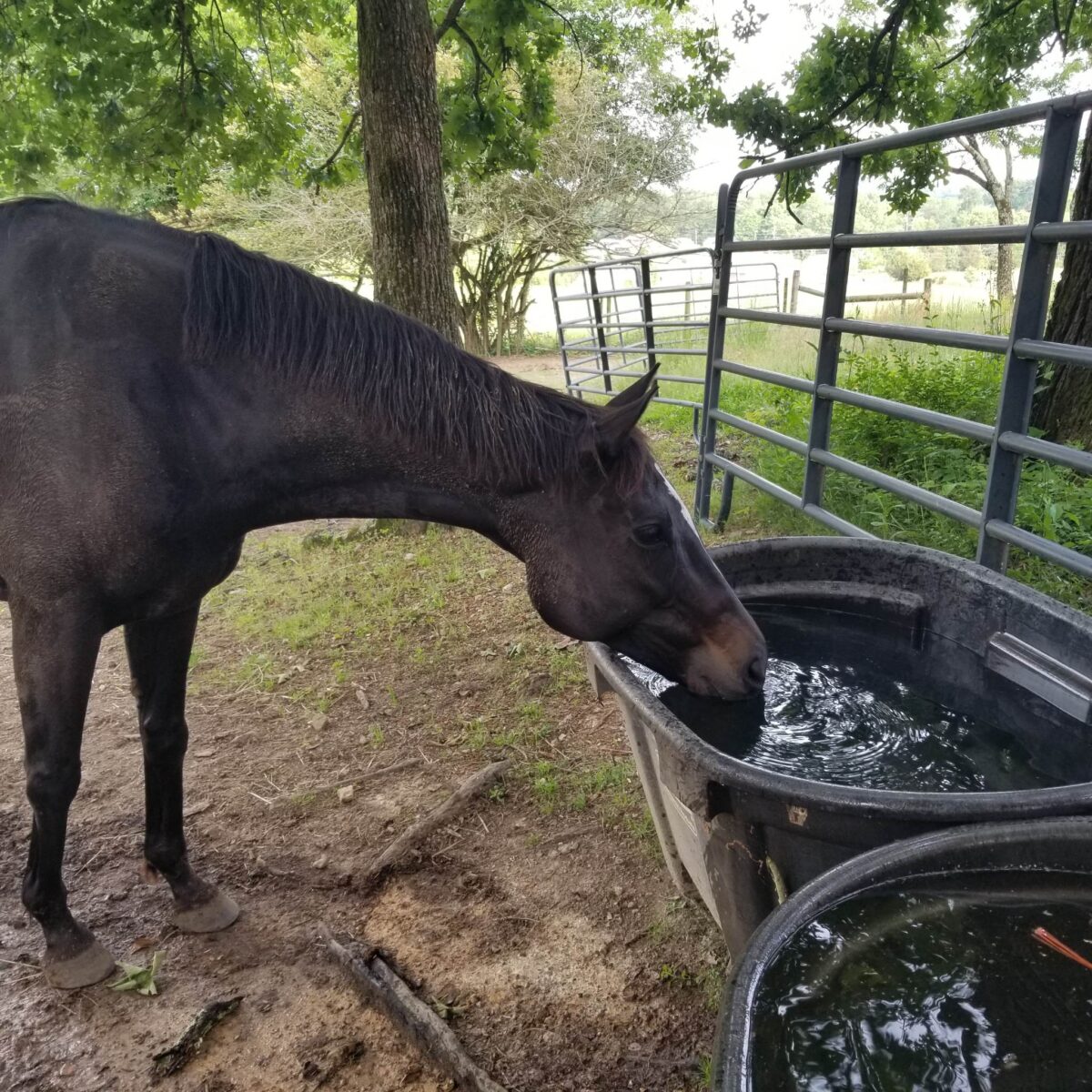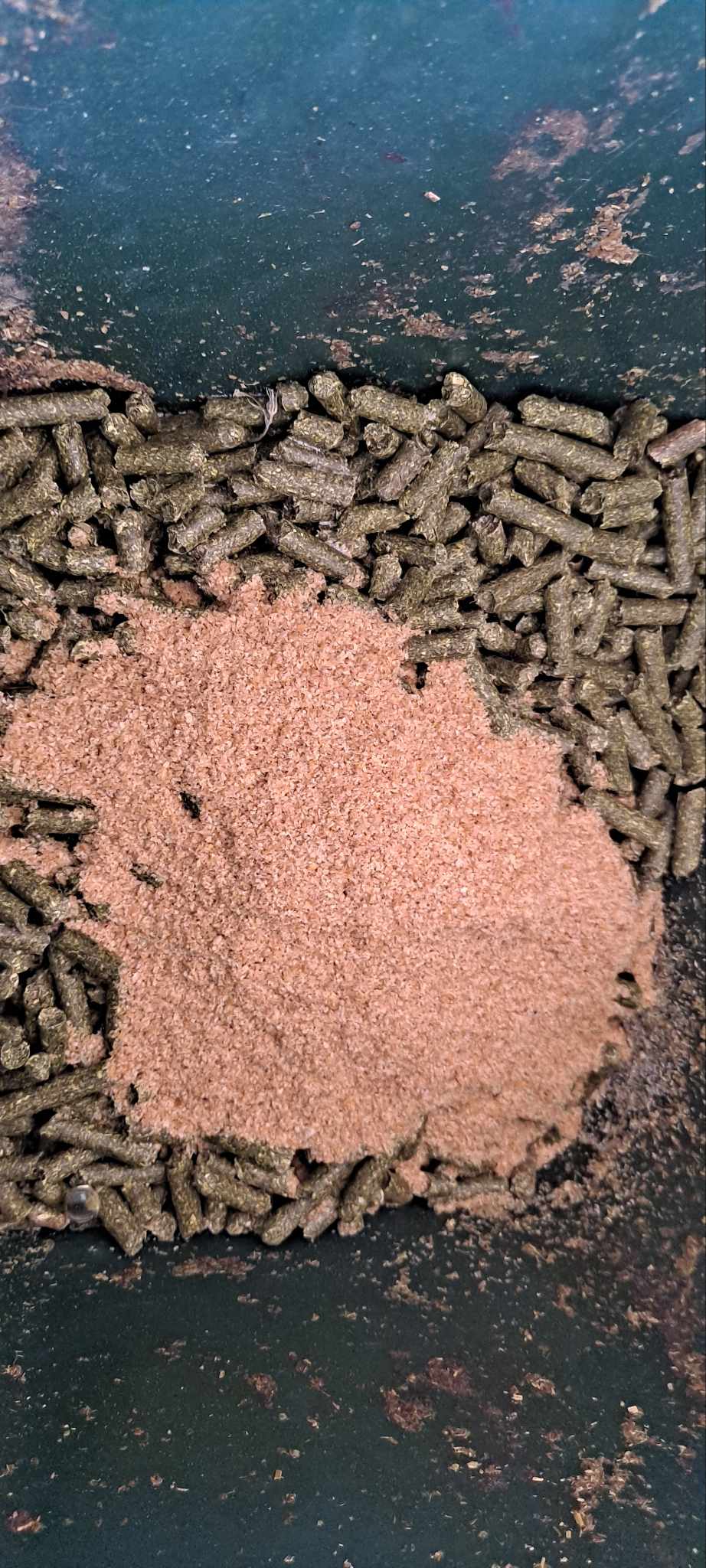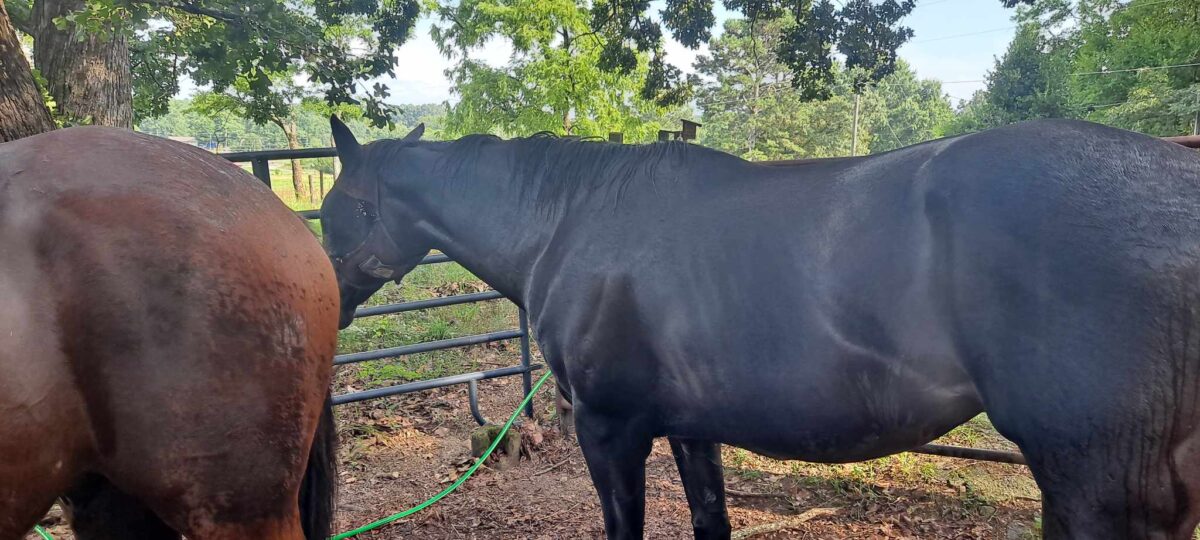NDF stands for Neutral Detergent Fiber, and it is an essential parameter used to assess the quality and nutritional value of horse hay. NDF is a measure of the fibrous components present in the hay, primarily consisting of cellulose, hemicellulose, and lignin. Understanding the NDF content in horse hay is important for several reasons:
- Digestibility: NDF indicates the amount of fibrous material that is not easily digested by horses. High NDF levels in hay mean that there is a higher proportion of indigestible fiber, which can impact the horse’s ability to extract nutrients from the forage.
- Forage Quality: Lower NDF values generally indicate higher-quality hay with more easily digestible components. High-quality hay is essential for providing horses with adequate nutrition and maintaining their overall health and condition.
- Weight Management: NDF content is linked to the energy density of hay. Hay with lower NDF levels typically provides more energy and can be beneficial for horses that need to maintain or gain weight.
- Gut Health: Horses are hindgut fermenters, and the microbial population in their large intestine plays a crucial role in digesting fiber. The NDF content can affect the balance of gut microbes, and lower NDF levels can promote a healthier gut environment.
- Dental Health: Hay with appropriate NDF levels can help maintain proper dental wear, as it requires chewing and grinding, which is essential for dental health in horses.
- Feeding Strategies: Understanding the NDF content allows horse owners and managers to make informed decisions about forage selection and feeding strategies. Horses with specific dietary needs, such as those with metabolic conditions or seniors, may benefit from hay with specific NDF levels.
When selecting hay for horses, it’s essential to analyze its nutritional composition, including NDF, to ensure that it meets the dietary requirements of the individual horse. Hay analysis can be performed by specialized laboratories, and the results can help tailor a balanced diet for each horse, promoting overall health and well-being. Additionally, providing hay with appropriate NDF levels can aid in preventing digestive issues, colic, and other health problems commonly associated with poor-quality forage.

